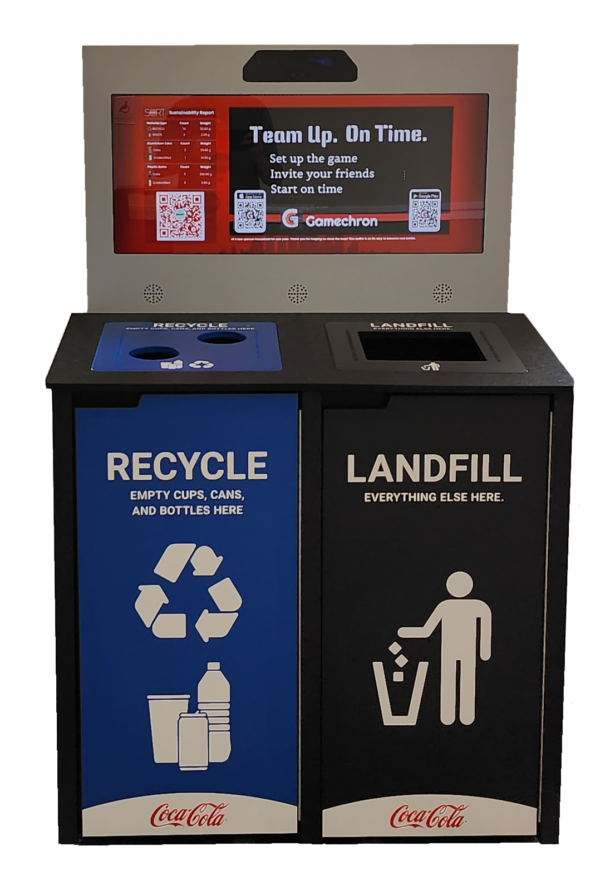Our landfills are overflowing, and sorting our recyclables can feel like solving a Rubik’s Cube while blindfolded. Enter smart recycling bins – the high-tech heroes ready to revolutionize waste management. But are these bins just a fad, or a glimpse into the green future? Let’s dive into the world of artificial intelligence (AI) powered trash cans and see if they hold the key to a cleaner tomorrow.
Smart bins are equipped with an array of technologies like sensors and cameras that aim to tackle our recycling woes. Imagine a bin that identifies your plastic bottle using image recognition and tells you exactly where to toss it. No more cryptic recycling symbols! Some high-tech bins even have multiple compartments that open based on the type of waste you throw in. Talk about sorting efficiency! Accidentally tossed your apple core in the wrong bin? No problem. The bin might gently inform you of your mistake and redirect you to the compost section.
The promise of smart bins goes beyond just making recycling easier. They could significantly impact waste management. Confused residents are a major cause of recycling contamination. Smart bins can prevent this by ensuring only the right materials end up in each stream. By making recycling less confusing and more user-friendly, smart bins can encourage more people to participate, diverting waste from landfills. The data collected by these bins can provide valuable insights into waste generation patterns. This information can be used to optimize collection routes and waste management strategies.
While smart bins sound like a dream come true, there are some things to consider. These bins are still a developing technology, so they can be significantly pricier than traditional bins. Some people might be wary of data collection associated with smart bins. However, most reputable manufacturers prioritize data security. Smart bins might not be widely available in all regions yet. However, their popularity is growing, and this is likely to change soon.
Smart recycling bins are a significant step towards a more sustainable future. While there are some hurdles to address, the potential benefits for waste reduction and improved recycling practices are undeniable. As the technology matures and becomes more affordable, smart bins have the potential to become a staple in our homes and communities. So, the next time you hear someone talking trash, remember – the future of waste management might be a whole lot smarter than we think.




